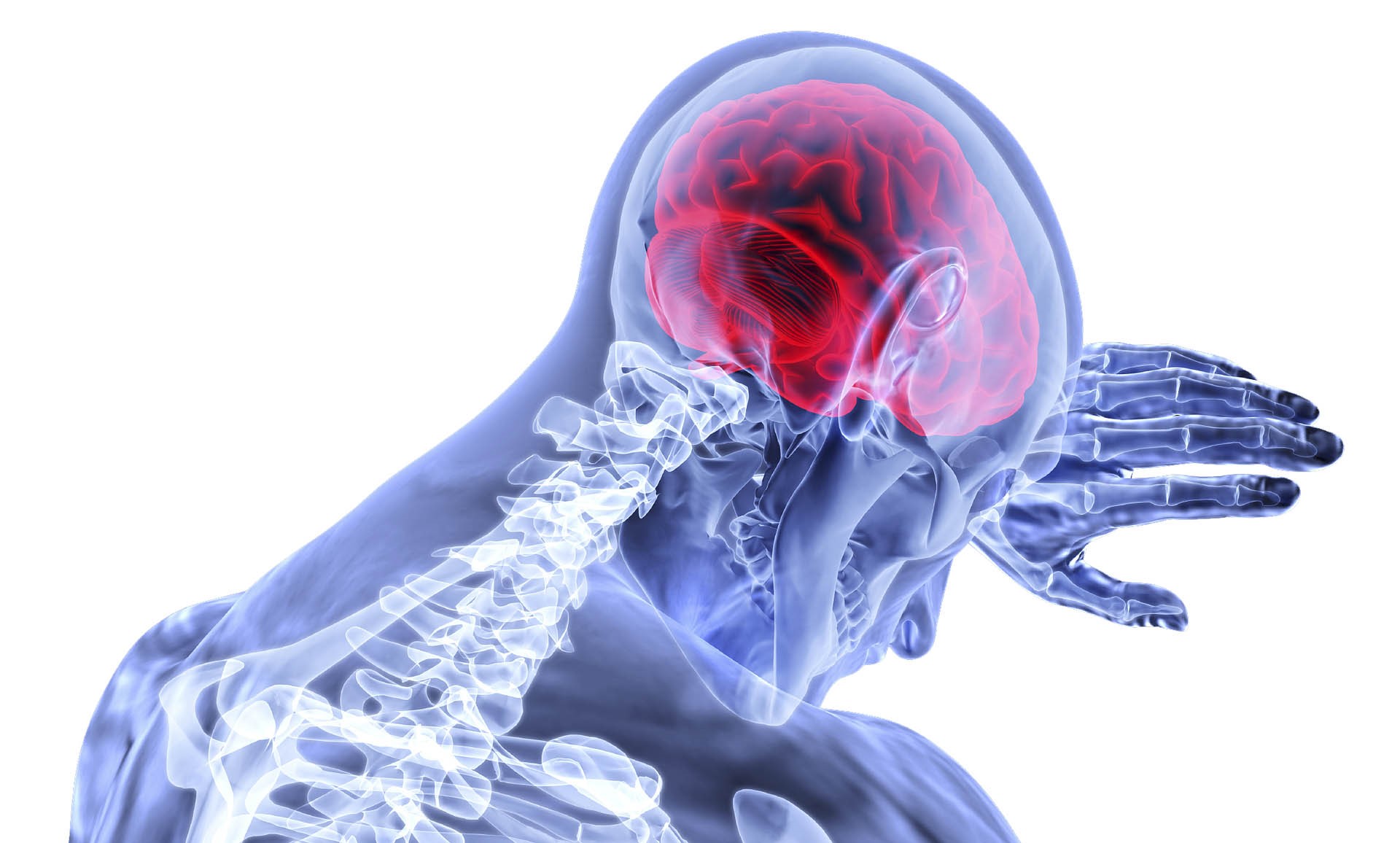Researchers at McGill University have discovered that small “microdoses” of lithium may slow the progression of Alzheimer’s disease, with the possibility of stopping it entirely. The full study was published in the Journal of Alzheimer’s Disease.
Lithium is typically prescribed to treat mental health and mood disorders when used in large doses of up to 400 times the dosages used in the study. To conduct the study, the team of scientists prescribed dosages in amounts large enough to reach brain passageways, but small enough to not cause adverse reactions.
When research initially began, the team experimented on rats with lithium at high levels, similar to the levels used to treat mood disorders in humans. This caused negative reactions in the test subjects, which sent researchers back to the drawing board. When it was discovered that much smaller amounts had positive effects on a mouse model available for testing Huntington disease, efforts shifted to focus on the impact of small amounts. Huntington disease is a progressive brain disorder that causes declines in cognitive and brain function, similar to Alzheimer’s disease.
Next, researchers went on to test mice with mutated genes, much like human brains in those diagnosed with Alzheimer’s disease. These mutations present as increased amyloid plaques and a steady cognitive decline. Tests conducted on mice who showed these signs in early stages, in addition to mice models that mimicked human brains in later stages of progression. Both groups responded to the lithium administered with slowed progression of symptoms. The researchers made it clear that, while these microdoses can have positive effects at early stages, they will not reverse brain damage already done.
While the team acknowledged that there is more to be studied for human application of these findings, the results underscore the importance of early diagnosis and medical intervention.
Early diagnosis starts with awareness of the signs and symptoms that someone begins showing, often very subtly and very early before diagnosis. Join me in spreading dementia awareness to shine a light on important research work being done to get us closer to a cure.


